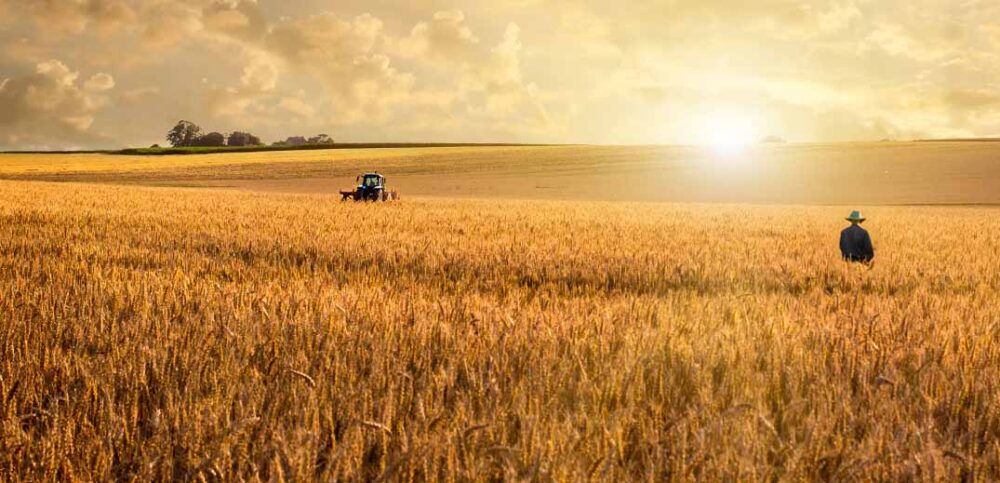- Nestlé says it plans to use more regenerative agriculture practices to grow wheat for its DiGiorno frozen pizza brand.
- Nestlé will help wheat farmers in the US to leverage regen ag practices “through a combination of financial support and technical resources and assistance,” according to its latest announcement.
- Nestlé is partnering with ADM and Ardent Mills, two key wheat suppliers for the DiGiorno brand.

Why it matters:
Nestlé’s most recent sustainability update notes that the company sourced just 6.8% of “key ingredients” from farmers transitioning to regen ag.* It says this number is “on track” to the company achieving its goals of sourcing 20% by 2025 and 50% by 2030.
The new initiative will transition more than 40,000 hectares (around 100,000 acres) of land to regenerative ag practices, an amount larger than 53,000 football fields, says Nestlé. The company names cover crops, eliminating or reducing tillage, and reducing the use of pesticides as three specific practices.
The transition will happen in US farms across Kansas, North Dakota, Indiana and Missouri.
Nestlé acknowledges in its sustainability report that there’s still no standard definition for “regenerative agriculture,” a point which some say could lead to more greenwashing on the part of corporates. Nestlé’s report notes that “many companies are working on [a definition] and that “the general principles and practices of regenerative agriculture are aimed at improving soil health and fertility, protecting water resources and safeguarding biodiversity.”
Nestlé says it launched the Nestlé Agriculture Framework in 2022, which lays out the practices it will use to transition towards regenerative agriculture and how it plans to implement those practices. This framework, “defines the three key resources of any agricultural system: soil, water, and biodiversity as the focus of collective restoration efforts.”
In 2022, Nestlé also launched its Institute of Agricultural Sciences that aims to advance plant science, and agricultural and livestock systems.
The company had not responded to requests for comment at time of publication.
* Nestlé noted that “In 2022, only the following sources are included in regenerative agriculture volumes: fresh milk, Ecuadorian cocoa, green coffee and Libby’s vegetables sourced through direct procurement/Farmer Connect or for Nespresso, Nestlé Nutrition cereals and vegetables that are traceable back to a farm/cooperative level and raw materials that are covered by the Living Soils initiative with Earthworm Foundation for Nestlé France. The denominator includes all raw materials in scope.”




